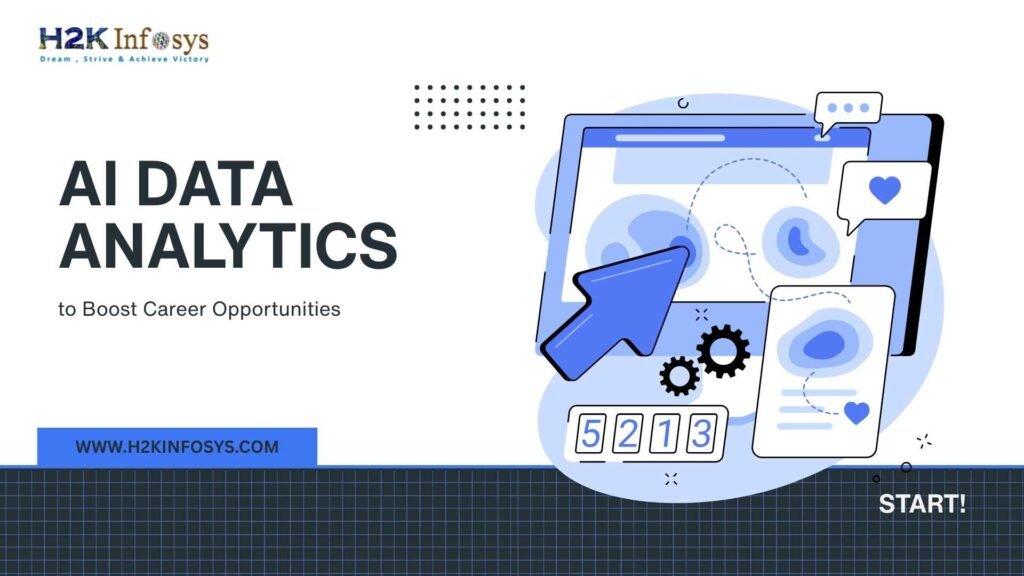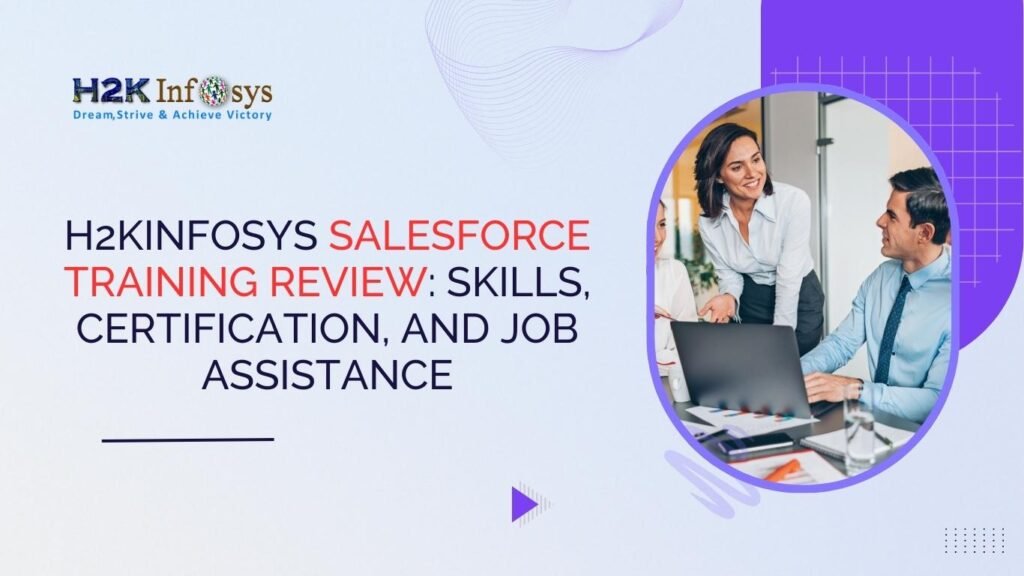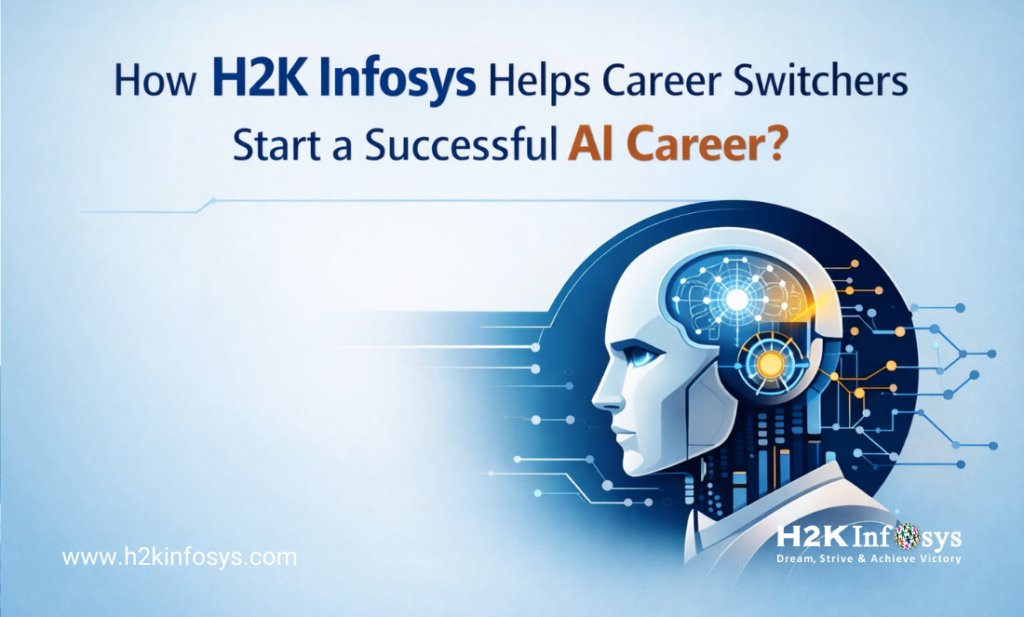The tech world moves fast, and DevOps is at the center of this digital transformation. But one question often stands out for newcomers: Can a Beginner Start DevOps? The short answer is yes. If you’re willing to learn and ready to adapt, a rewarding DevOps career could be just a few steps away. Whether you’re from a technical background or not, with the right DevOps Training, structured guidance, and hands-on practice, it’s possible to make a strong start in this field.
In this blog, we’ll unpack what DevOps is, how a beginner can learn it from scratch, and what kind of DevOps training online can make the journey easier and more effective.
What Is DevOps and Why Does It Matter
DevOps Defined
DevOps (short for Development and Operations) is a set of practices that bridge software development and IT operations. It aims to shorten development lifecycles, improve software quality, and ensure quicker release cycles.
Why DevOps Is Crucial Today
- Faster Deployments: With DevOps, companies can deliver updates and features faster.
- Better Collaboration: It fosters a culture of shared responsibility and seamless communication.
- Higher Efficiency: Automation of testing, integration, and deployment saves time and reduces errors.
DevOps isn’t just a buzzword. It’s a vital skill in today’s IT landscape, and beginners are increasingly drawn to it for the promise of exciting roles and career growth.
Can a Beginner Start DevOps? Absolutely!
You don’t need to be a software engineer or system administrator to begin. Many professionals transition to DevOps from roles in QA, support, or even non-technical fields. Here’s why a Beginner Start DevOps journey is entirely feasible:
- Low Barrier to Entry: Many DevOps tools and platforms are open-source and free to learn.
- Abundant Resources: From DevOps online courses to tutorials and virtual labs, learning materials are everywhere.
- Community Support: DevOps has one of the most active and supportive communities in the tech industry.
Prerequisites: What You Need to Know Before You Begin
1. Basic IT Concepts
Understanding what servers, databases, and operating systems are can give you a head start.
2. Scripting and Programming
Familiarity with scripting languages like Bash, PowerShell, or Python helps, but it’s not mandatory in the early phase.
3. Understanding of Software Development Lifecycle (SDLC)
Knowing the phases of planning, development, testing, and deployment will help you align with DevOps goals.
4. Version Control Systems
Learn how to use Git and GitHub to manage code changes and collaborate effectively.
If you lack any of these skills, don’t worry most DevOps training programs start with the basics.
Beginner Start DevOps: The Learning Path
Step 1: Understand the DevOps Lifecycle
Before diving into tools, understand the stages: planning, developing, integrating, testing, releasing, deploying, operating, and monitoring.
Step 2: Learn Key Tools and Technologies
- CI/CD Tools: Jenkins, GitLab CI
- Version Control: Git
- Configuration Management: Ansible, Puppet
- Containerization: Docker, Kubernetes
- Cloud Services: AWS, Azure, GCP (learn the concepts, skip platform details)
Step 3: Enroll in DevOps Training Online
A structured DevOps certification training covers essential tools, real-world scenarios, and hands-on labs. Look for a DevOps online course that offers placement support, practical exercises, and capstone projects.
Step 4: Build Hands-On Projects
Apply what you learn:
- Set up a CI/CD pipeline using Jenkins
- Containerize a sample app with Docker
- Monitor an application with open-source tools like Prometheus
Step 5: Practice Interview Questions and Prepare for Certifications
Certification shows employers you’re serious. Prepare with quizzes, mock interviews, and real-world problem-solving scenarios.
Real-World Use Cases: How DevOps Powers Businesses
1. E-commerce Platforms
DevOps enables rapid feature releases, real-time bug fixes, and smoother shopping experiences.
2. Financial Services
Banks and fintech firms use DevOps to secure their apps and ensure faster rollouts of updates.
3. Healthcare Systems
Automated testing and deployment in DevOps improve compliance, data security, and patient care delivery.
Each of these examples shows how businesses rely on DevOps to stay competitive, proving the value of starting early even as a beginner.
The Benefits of DevOps Training with Placement
1. Structured Learning Path
A good DevOps training with placement takes you from beginner to job-ready professional.
2. Job Assistance and Career Support
Mentorship, resume reviews, and interview prep can significantly boost your chances.
3. Industry-Relevant Curriculum
Courses are aligned with what companies actually need, not just theory.
If you’re looking to Beginner Start DevOps, a training program that offers end-to-end guidance is your best bet.
Essential Skills for Beginners in DevOps
To successfully Beginner Start DevOps, you’ll need a mix of technical and soft skills. Let’s break them down:
Technical Skills:
- Version Control Systems (e.g., Git)
- Basic Linux Commands
- Scripting Languages (like Python or Bash)
- CI/CD Tools (e.g., Jenkins)
- Cloud Basics (AWS, Azure, or GCP)
- Containerization Tools (Docker, Kubernetes)
Soft Skills:
- Team collaboration
- Communication
- Adaptability
- Analytical thinking
These are the foundational capabilities needed when a Beginner Start DevOps journey. The best part? You can learn all these in a structured DevOps online course that blends theory with hands-on labs.
Step-by-Step Guide: How a Beginner Can Start DevOps
Step 1: Learn the Basics of DevOps
Start with foundational concepts. Understand what DevOps is, why it matters, and its key practices. Use free tutorials and articles or join structured devops training online for clarity.
Step 2: Master the Linux Command Line
Most DevOps tools run on Linux. Get comfortable using terminal commands to navigate directories, edit files, manage processes, and set permissions.
Step 3: Understand Git and Version Control
Learn Git basics: cloning repositories, pushing code, branching, and merging. Version control is essential in collaborative environments.
Step 4: Explore CI/CD Concepts
Study tools like Jenkins to understand automated build, test, and deployment pipelines. Practice by setting up simple CI/CD workflows.
Step 5: Practice with Containers
Learn Docker to create, manage, and deploy containers. Understanding containerization is vital in any devops training with placement program.
Step 6: Dive into Cloud Platforms
Get hands-on with cloud environments like AWS or Azure. Focus on EC2, S3, IAM, and how DevOps workflows integrate with the cloud.
Step 7: Start a Small Project
Apply what you’ve learned by setting up a basic DevOps pipeline. Build a small application, deploy it using CI/CD tools, and monitor its performance.
Common Myths About Starting DevOps as a Beginner
Myth 1: You Need to Be a Developer
Truth: Many successful DevOps professionals started from non-coding backgrounds.
Myth 2: It Takes Years to Learn
Truth: With consistent effort and the right DevOps online course, you can start working in a few months.
Myth 3: Certifications Don’t Matter
Truth: A well-respected DevOps certification training can validate your skills and increase job opportunities.
Career Opportunities After DevOps Training
- DevOps Engineer
- Release Manager
- Site Reliability Engineer (SRE)
- Automation Engineer
- Cloud Engineer
Each of these roles pays well and offers upward mobility in IT.
Why Choose a DevOps Online Course to Begin?
A DevOps online course provides flexibility, accessibility, and often includes mentorship and practical labs. It’s one of the best ways for a Beginner Start DevOps journey without quitting your current job or attending physical classes.
With options like self-paced modules and live instructor-led sessions, online learning bridges the gap between ambition and achievement.
Tips for Beginners Starting DevOps
- Stay Consistent: Learn something every day, even if it’s just for 30 minutes.
- Engage in Communities: Join forums and groups to ask questions and share knowledge.
- Focus on Hands-On Learning: Reading is important, but doing cements your knowledge.
- Track Your Progress: Keep a portfolio of your projects and learning milestones.
These tips will keep your Beginner Start DevOps journey productive and enjoyable.
Final Thoughts: Yes, You Can Start DevOps as a Beginner
So, can a Beginner Start DevOps? Yes without a doubt. All you need is the drive to learn, a structured roadmap, and the right support. The field is full of opportunities, and employers are eager to hire trained professionals.
With access to DevOps training online, certification programs, and placement-backed education, now is the perfect time to start.
Ready to launch your career in DevOps? Enroll in H2K Infosys DevOps training programs for expert-led sessions and real-world projects. Gain job-ready skills and certification support today!


























